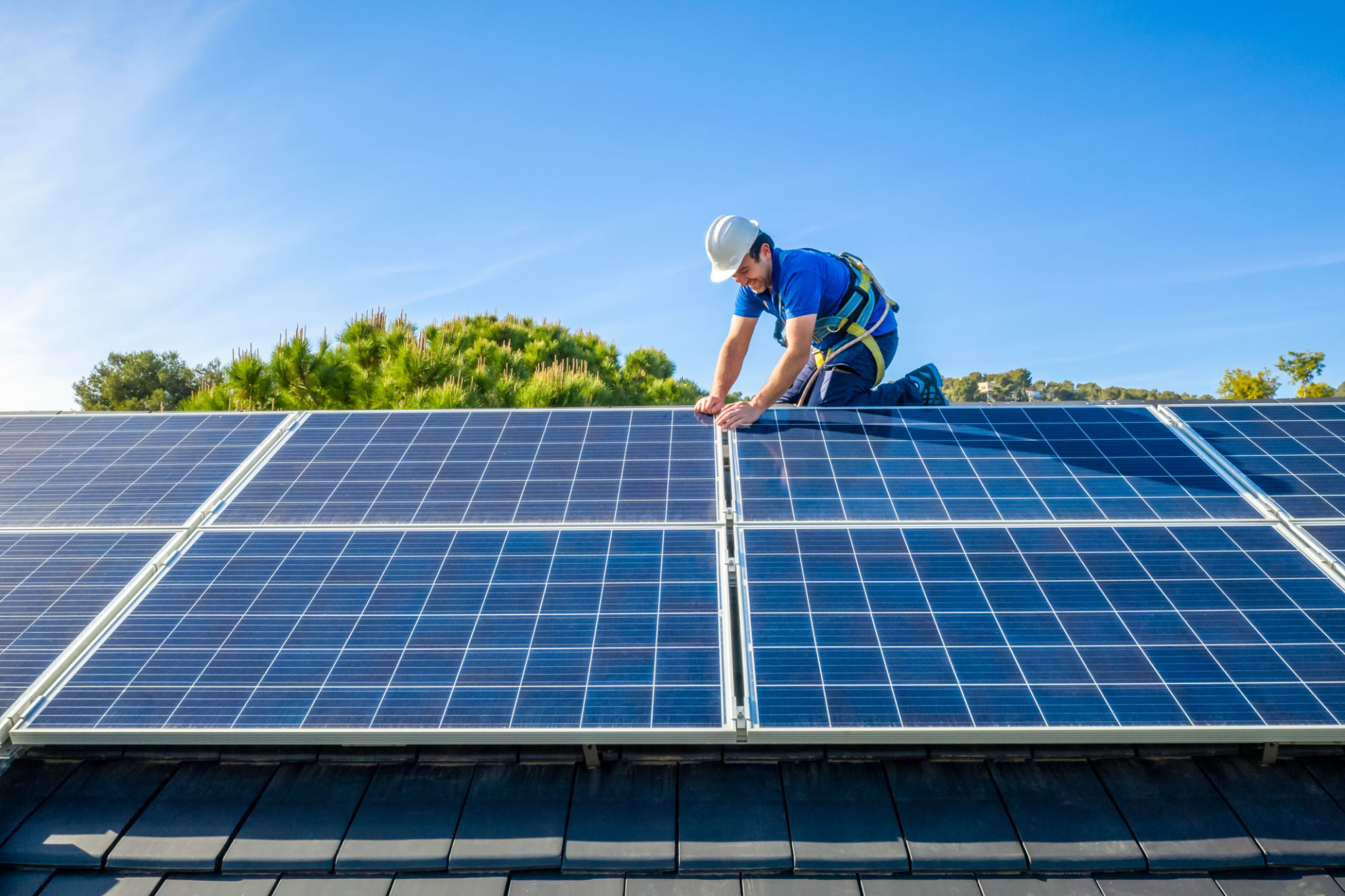Residential Solar Options in Gwalior: A Buyer's Guide
Understanding Residential Solar Power
As the demand for sustainable energy sources grows, more homeowners in Gwalior are considering solar power as a viable option. Residential solar systems not only help reduce electricity bills but also contribute to a cleaner environment. With numerous options available, it’s essential to understand what to look for when considering solar energy for your home.
Solar power systems are primarily categorized into two types: grid-tied and off-grid systems. Grid-tied systems are connected to the local utility grid, allowing homeowners to use electricity from the grid when the solar system does not produce enough energy. On the other hand, off-grid systems are entirely independent and rely solely on solar panels and battery storage.

Choosing the Right Solar Panel
When selecting solar panels, efficiency and durability are key factors to consider. The efficiency of a solar panel determines how much sunlight it can convert into usable electricity. Higher efficiency panels may cost more initially but provide better long-term savings. Additionally, look for panels with robust warranties that guarantee performance over several decades.
Another important aspect is the material of the solar panels. Monocrystalline and polycrystalline are the two most common types available. Monocrystalline panels tend to be more efficient and have a longer lifespan, while polycrystalline panels are generally more affordable.

Understanding Installation and Maintenance
Installation is a critical phase in setting up your residential solar system. It’s crucial to choose a reputable company with experienced technicians to ensure proper installation. A well-installed system optimizes energy production and minimizes potential issues in the future.
Maintenance of solar panels is relatively minimal, which is one of their main advantages. Regular cleaning to remove dust and debris is usually sufficient to keep them functioning efficiently. Additionally, periodic checks by professionals can help ensure that all components are working optimally and extend the lifespan of your system.

Cost Considerations and Financial Incentives
The initial cost of a residential solar system can be significant, but several financial incentives can make it more affordable. Government schemes and subsidies in India often provide financial assistance or tax rebates for installing solar systems, reducing the overall cost for homeowners.
Furthermore, many companies offer flexible financing options, including leasing and power purchase agreements, allowing you to go solar with little or no upfront cost. It's essential to evaluate these options carefully to determine which aligns best with your financial situation.
Evaluating Your Home’s Solar Potential
Before making a decision, assess your home’s solar potential. Factors like roof orientation, shading from trees or nearby buildings, and available roof space significantly impact how effective your solar installation will be. An expert evaluation can provide insights into the best setup for your specific conditions.
In Gwalior, with its abundant sunlight, many homes are well-suited for solar power. A thorough site assessment will ensure that you maximize the benefits of your investment.
The Environmental Impact
Switching to solar power not only reduces your electricity bills but also significantly lowers your carbon footprint. By choosing solar energy, you contribute to reducing greenhouse gas emissions and promoting sustainable living practices.
The positive environmental impact is one of the most compelling reasons for homeowners in Gwalior to consider transitioning to solar energy. As more homes adopt this clean energy source, the collective benefits can drive significant ecological improvements.
